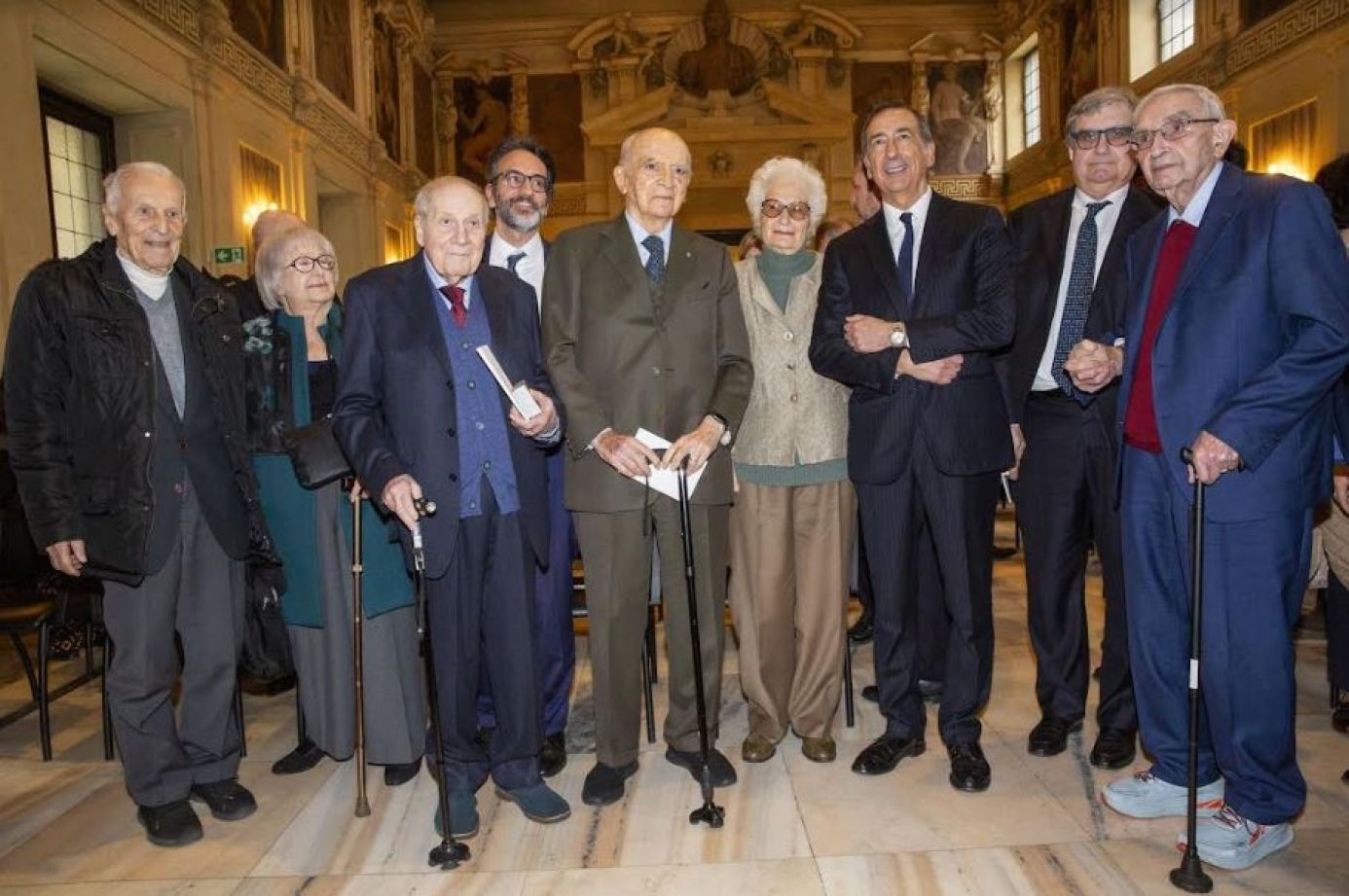Milan emerges as an example of excellence in promoting longevity and wellbeing. Through initiatives such as the Milan Longevity Summit and the Milan Longevity Programme, the city is actively engaged in developing innovative strategies to improve the quality of life of elderly people by encouraging a healthy and active lifestyle.
Among the many records that Milan records, the latest is perhaps the most encouraging in terms of quality of life and is that of longevity. According to the Municipality’s data, in fact, as many as 24,007 people live in the Lombard capital who are over ninety (with a large majority of women, 17,362), while there are even 283 who have reached the century mark. The oldest citizen is 115 years old and lives in Municipality I, two other female citizens have reached 110. “Italy is already the EU country with the oldest population and Milan wants to lead this challenge, because in the coming decades our society will have more and more 80- and 100-year-olds,” said Mayor Giuseppe Sala , commenting positively on these figures.
Milan’s commitment to the elderly recently took the form of a summit entitled ‘Milan Longevity summit – Rewriting Time, Science and Myths in the Race for Longevity’, a series of meetings open to all that brought together the world’s leading experts on the issues of ageing and longevity. The summit aimed to promote Milan as a reference point in the international scientific panorama and to develop the Milan Longevity Program, a ten-point document. The latter aims to provide support to legislators, practitioners and the general public to improve the population’s lifestyle and promote healthy, active and efficient ageing.
During the presentation held at Palazzo Marino in the presence of the mayor and the councillor for Welfare and Health Lamberto Bertolé, the ‘Una grande vita‘ award was presented in honour of Rita Levi Montalcini, the famous Nobel Prize winner for Medicine, who lived to the age of 103. The prize was awarded to six leading figures in science, industry and culture from Milan, who, through their vision and dedication, prove that age is just a registry number. They include Liliana Segre, senator for life and surviving witness of the Shoah; Giuseppe Guzzetti, renowned lawyer, politician and philanthropist; Piero Bassetti, well-known politician, entrepreneur and president of the Giannino Bassetti Foundation; Natalia Aspesi, esteemed journalist and writer; Silvio Garattini, medical expert and lecturer in Chemotherapy and Pharmacology, as well as founder of the Mario Negri Institute for Pharmacological Research; and finally, Carlo Sini, eminent professor emeritus of the University of Milan, famous for his teachings in Theoretical Philosophy. In recognition of their contribution, they were presented with a valuable edition of Bertrand Russell’s essay ‘How to grow old‘, edited by Armando Massarenti and published by Giuseppe Zapelloni’s La grande illusion.
For Sala, ‘Milan has always been the place where new social and cultural trends manifest themselves, often in advance. Our city, in all its components, has a natural vocation to be a forge and laboratory of innovative strategies and solutions for interpreting and enhancing change. It is no secret that society is ageing fast: people are living longer and longer and, for this reason, we need to rethink social policies, living places, systems of relations and business models. With this initiative that brings together, in Milan, so many prestigious experts and scholars, the city confirms itself as a reference point for the entire international scientific community and the world of research, strengthening its position on the issues of health and wellbeing of its citizens and relaunching the concept of a new successful Made in Italy, that ofLife Sciences, of which it is the natural capital. Through events open to all citizens we will analyse, from a scientific, social, and economic perspective, the issues of active ageing and longevity, the prospects, critical issues, and the many opportunities that lie behind this revolution‘.





